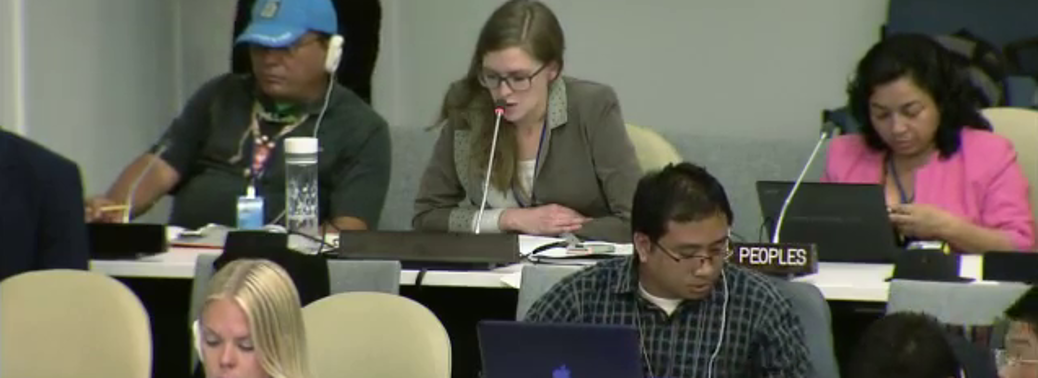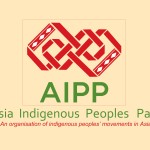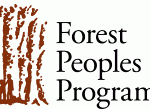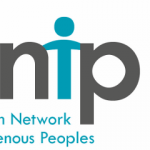26th Session of the Human Rights Council
June 2014
All over the world Indigenous peoples are suffering negative impacts on their enjoyment of their human rights due to the activities of transnational corporations and other businesses operating in or near their lands and territories. Such impacts were recognized as ‘disproportionate’ by the former representative of the Secretary-General, Professor John Ruggie. Due to this situation, indigenous peoples’ organizations and support groups greeted the consensus adoption of the UN Guiding Principles on Business and Human Rights (herein, ‘the Guiding Principles’) as a first step towards ensuring accountability and appropriate remedy where their human rights are violated by business activities, while underlining the importance of moving towards binding instruments to that end.
The establishment of a Working Group as a special mechanism of the Human Rights Council on the issue of human rights and business was also welcomed with hope. The Working Group showed its understanding of the urgency and extent of the human rights violations of Indigenous Peoples in this context by devoting their first thematic report to the General Assembly to this issue and by convening specific panels during its December Forum. For their part, indigenous peoples’ organizations and support groups have actively participated in the December Forum and submitted information and comments to the Working Group.
We, the undersigned organisations, would like to take this opportunity to urge your consideration of some specific recommendations regarding the future scope of work and working practices of the UN Working Group and its Forum on Business and Human Rights.
Complaints procedure
We urge the Human Rights Council to review the mandate of the Working Group to ensure it truly reflects its nature as a human rights mechanism by incorporating in their methods of work the transparent consideration of information and communications received in relation to rights violations provided by individuals or groups. This would extend to the provision of appropriate recommendations in relation to human rights obligations and responsibilities of both State and private sector actors, including in relation to necessary remedial measures, and could, where appropriate, involve cooperation with other relevant UN human rights bodies, such as the Special Rapporteur on the rights of indigenous peoples.
National Action Plans
We urge all States to expedite the development of their National Action Plans on the implementation of the UN Guiding Principles, with appropriate reference to the UN Declaration on the Rights of Indigenous Peoples and ILO Convention 169. States should ensure the full and effective participation of indigenous peoples in the elaboration of such National Action Plans to guarantee full respect for their collective and individual human rights.
Support should be provided to low-income countries to ensure that the National Action Plans can be drafted in a participatory manner as quickly as possible,
Guidance on the relationship between the Guiding Principles and public finance institutions
Work undertaken in applying and implementing the Guiding Principles currently has not addressed their application to activities financed through public finance institutions. These institutions, including the World Bank and its private sector arm, the International Finance Corporation, invest in and loan money to activities that are directly relevant to the guidance provided in the Guiding Principles. Indigenous peoples’ organisations and other civil society actors have consistently called on the World Bank in particular to adequately address social concerns, including assessing and adequately protecting human rights in activities undertaken by, or funded by, these institutions.
Such guidance should be particularly welcome at the World Bank Group at the moment as the institution is considering possible incorporation of human rights concerns into its project-level safeguards. Guidance is also crucial for the other public finance institutions, including the African and Asian Development Banks, the Inter-American Development Bank, the European Bank for Reconstruction and Development and a possible emerging BRICS Bank. Adequate guidance from the UN Working Group on Human Rights and Business to the responsibilities of these institutions is of critical and increasing importance as public financing for private sector initiatives grows.
Targeted financial support
In response to Human Rights Council Resolution 21/5, OP 11, the Office of the High Commissioner on Human Rights is conducting a feasibility study regarding the creation of a fund to support capacity building on business and human rights generally, and on the Guiding Principles in particular. We support the establishment of such a fund and refer to previous communication on this issue in which we raised the need to ensure that such a fund targeted the most vulnerable groups, including a specific focus on indigenous peoples. We reiterate the messages of that communication here. In particular we emphasize the need for transparent and open governance, inclusive of representatives of vulnerable groups and indigenous peoples. Such a fund should prioritize both local and national level capacity building, as well as participation in UN and related meetings, and facilitate access to information through the translation and dissemination of key documents.
Remedy in cases of violations of indigenous peoples’ human rights
However capacity building alone is insufficient to support the effective and continued activities of the Working Group. As highlighted in the Statement by the Indigenous Peoples’ Caucus prior to the most recent meeting of the UN Forum on Business and Human Rights, there is still work needed on elaborating how the Guiding Principles will be applied with regard to indigenous peoples. In particular, the Caucus raised the need for guidance in establishing access to remedies across a range of industries and sectors. We support and reiterate the recommendation that the Working Group elaborate, in collaboration with indigenous peoples, a joint project to research case studies and hold a multi-stakeholder workshop to elaborate such guidance.
Statement on behalf of:
- Coordinadora Andina de Organizaciones Indígenas, Perú (CAOI)
- Asia Indigenous Peoples Pact Foundation (AIPP)
- Almaciga
- Forest Peoples Programme (FPP)
- Indigenous Peoples Links (PIPLinks)
- International Work Group on Indigenous Affairs (IWGIA)
- Institute for Ecology & Action Anthropology (INFOE)
- European Network on Indigenous Peoples (ENIP)








